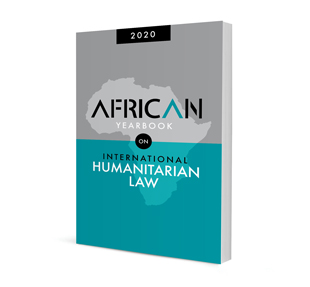Counting apples as oranges: Problems under international humanitarian law with designating the Allied Democratic Forces and Ansar al-Sunna foreign terrorist organisations

Counting apples as oranges: Problems under international humanitarian law with designating the Allied Democratic Forces and Ansar al-Sunna foreign terrorist organisations
Author: Rebecca Rattner
ISSN: 2521-2621
Affiliations: BA (Brown) MSc (LSE) JD (Harvard); Research Associate at the South African Institute for Advanced Constitutional, Public, Human Rights and International Law, a Centre of the University of Johannesburg
Source: African Yearbook on International Humanitarian Law, 2021, p. 174 – 190
https://doi.org/10.47348/AYIH/2021/a7
Abstract
Under President Biden, the US has shifted its approach to ISIS to address fears about the group’s expansion globally. The spread of ISIS in Africa has become an area of notable concern as an increasing number of armed groups across the continent have announced affiliations with ISIS. In response to this perceived threat, the Biden Administration announced the designation of two armed groups with ties to ISIS operating in the Democratic Republic of Congo (DRC) and Mozambique as foreign terrorist organisations (FTOs) in March 2021. There are, however, reasons to question the applicability of the designations in these two cases and consider the broader context and consequences. This article argues that the designations have been inappropriately assigned to these two groups in the DRC and Mozambique based on inaccurate factual assessments and explores the implications of this problematic approach under international humanitarian law.
